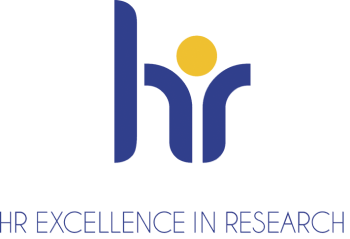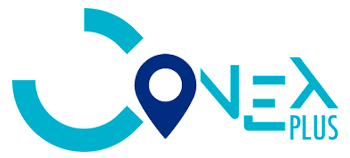R Basics for Social Sciences
- Recursos Humanos y Organización - PDI
- Formación PDI
- Catalogo Actividades Formativas PDI
- R Basics for Social Sciences

Eje formativo: Didáctica
Área formativa: Estrategias para el proceso de enseñanza-aprendizaje.
Modalidad: Presencial híbrido. Campus de Getafe
Ponente: Patrick Wili Kraft. Investigador Ramon y Cajal
Destinatarios: Todo el Personal Docente e Investigador de la Universidad. máximo 15 plazas.
Inscripción: del 14 diciembre hasta el 22 de diciembre 2023 inclusive.
Sistema de evaluación y certificado: Mínimo de asistencia del 80% para obtener el certificado.
- Contenidos
- Session 1 (17/1/2024): Introduction to base R & RStudio
- Session 2 (31/1/2024): Data Visualization using ggplot2 (1)
- Session 3 (14/2/2024): Data Visualization using ggplot2 (2)
- Session 4 (28/2/2024): Data Manipulation using dplyr (1)
- Session 5 (13/3/2024): Data Manipulation using dplyr (2)
- Session 6 (10/4/2024): Cleaning messy data with tidyr
- Session 7 (24/4/2024): Working with (generalized) linear models in R
- Session 8 (8/5/2024): Creating regression tables for latex, markdown, and word
- Session 9 (22/5/2024): Simulating & visualizing quantities of interest (1)
- Session 10 (5/6/2024): Simulating & visualizing quantities of interest (2)
- Objetivos
An introduction to R course typically aims to provide students with a solid foundation in the R programming language and its applications in data analysis and statistics. This course is intended to help faculty in the Social Sciences Department to learn the R language to be able to teach their courses using this software. The main objectives of such a course nclude:
- Familiarity with R Environment: Help students become comfortable with the R programming environment, including the R console and RStudio.
- Basic Syntax: Teach the fundamental syntax and data structures in R, such as vectors, data frames, and lists.
- Data Import and Export: Instruct students on how to import data from various file formats (e.g., CSV, Excel, and text) and export results.
- Data Manipulation: Cover data manipulation techniques, including subsetting, filtering, merging, and reshaping data.
- Statistical Analysis: Introduce basic statistical concepts and demonstrate how to perform common statistical tests and analyses using R.
- Data Visualization: Teach students how to create informative and visually appealing data visualizations using R packages like ggplot2.
- R Packages: Familiarize students with the concept of packages and how to install and use them to extend R's capabilities for specific tasks.
- Reproducible Research: Emphasize the importance of writing well-documented and reproducible R scripts and reports using tools like R Markdown.
- Basic Programming Concepts: Introduce students to programming concepts in R, such as loops, conditional statements, and functions.
- In-Class Applications: Provide practical examples and possible exercises to do in class with their students and how to solve them.
These objectives are designed to give the faculty a solid foundation in R that allows them to teach basic statistics, either descriptive or inferential, and incentivize them to apply this language in their research activities.
- Duración
20 horas.
- Calendario y Horario
Fechas: 17, 31 enero 14, 28 febrero, 13 marzo, 10, 24 abril, 8, 22 mayo y 5 junio
Horario: de 10.30h a 12.30h
Aula 10.2.7.
- Miércoles. 17 y 31/01. 28/02. 13/03. 10 y 24/04. 8/05. 5/06.
Aula 14.0.10.
- Miércoles 22/05.





